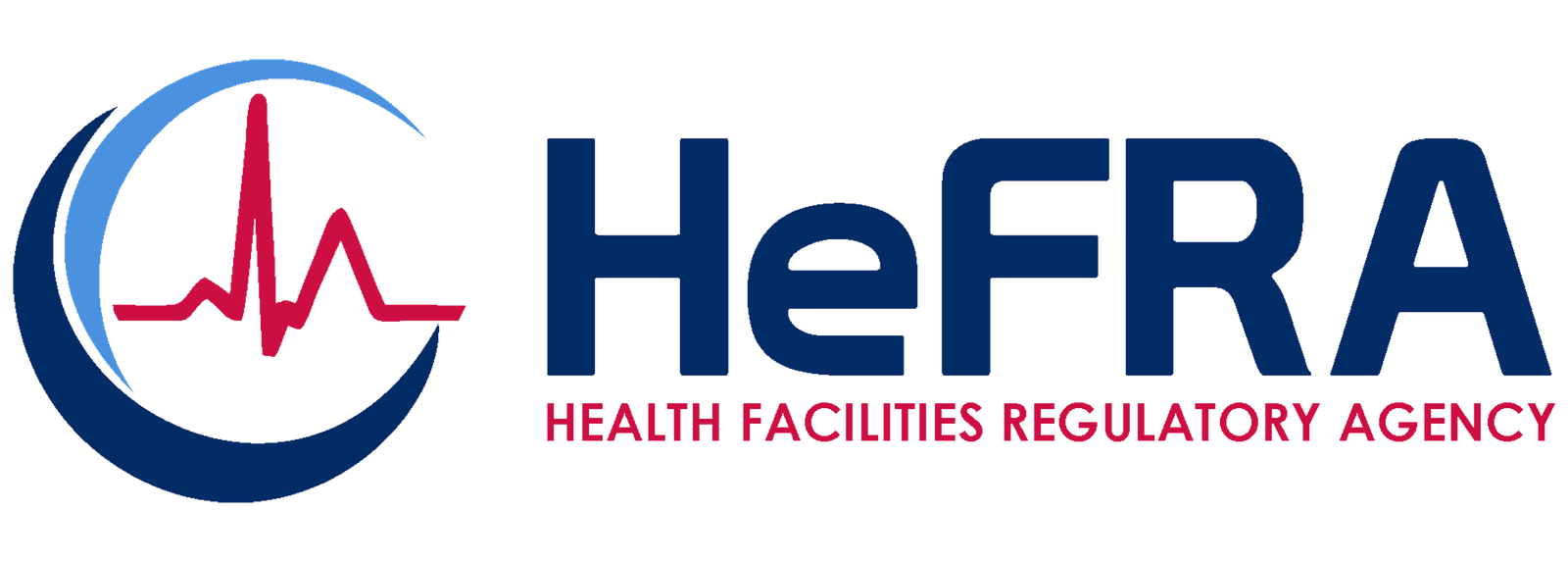
The Almighty “Amaman” (Phlegm) - What Ghanaians Need To Know 🌫️🏞️🌬️🤧
Understanding Phlegm (Amaman) in Ghana
Image: a colourful illustration of phlegm
1. What Is Phlegm?
Phlegm is a thick, sticky fluid made in the lungs and airways. It’s part of your body’s defense system—helping trap dust, germs, and other harmful particles so your body can remove them [1][2].
Other related words:
- Mucus – slippery fluid made in many parts of the body
- Sputum – phlegm that is coughed out
- Catarrh – mucus from the nose and throat during a cold
2. Why Do We Have Phlegm?
Your body makes phlegm to protect the lungs and airways:
- During Illness: More phlegm forms during colds, flu, bronchitis, pneumonia, COVID-19, or TB [1][3].
- From Allergies/Irritants: Dust, smoke (including cooking smoke), and pollution can trigger extra mucus.
- From Acid Reflux: Stomach acid can irritate the throat, making you produce more mucus.
Image: respiratory system; source of phlegm
3. Where Does It Come From & Where Does It Go?
Phlegm is made in the lungs and breathing tubes.
- If swallowed, it goes to the stomach and is broken down [2].
- If coughed up, it leaves through the mouth or nose.
- ❌ Myth: Phlegm does not “travel to the waist” to cause waist pain.
4. Myths & Facts in Ghana
Myth: Phlegm is always bad
Fact: It’s part of your body’s natural defense. Only abnormal if too much, colored, or persistent [2]
Myth: Phlegm cough is contagious
Fact: The infection causing the cough is contagious, not the phlegm itself
Myth: Eating bananas causes phlegm
Fact: Bananas don’t directly cause phlegm—effects vary by person
Myth: Clouds in the sky are “phlegm clouds”
Fact: This has no medical basis
Image: what do different phlegm colours mean?
5. What Do Different Phlegm Colours Mean?
- Clear/White: Often normal or mild irritation
- Yellow/Green: May be from infection
- Brown: Could be old blood or dust/smoke particles
- Red/Pink: Fresh blood—may be serious (e.g., TB, lung damage) [3][4]
- Black/Dark: Heavy pollution, smoking, or rare fungal infection
❗ Persistent red, pink, or black phlegm needs medical attention.
Image: Questions ?
6. Questions Ghanaians Often Ask
- Can phlegm cause waist pain? → No, but coughing can strain muscles.
- Can phlegm cause snoring? → Yes, if it blocks airflow.
- Can phlegm cause headaches? → Yes, during sinus infections.
- Can phlegm cause erectile dysfunction? → No direct link.
- Will phlegm go away? → Often clears in 1–2 weeks, but see a doctor if it lasts longer.
Image: X ray
7. Possible Complications
- Infections: Untreated pneumonia or TB can worsen [1].
- Blocked Airways: Can cause wheezing or breathing difficulty.
- Dehydration: Makes phlegm thicker and harder to clear.
Image: steam inhalation
8. How to Reduce or Clear Phlegm
- Drink plenty of fluids – water, ginger tea, light pepper soup
- Steam inhalation – to loosen mucus
- Saltwater gargle – for throat mucus
- Cough syrups/expectorants – ask a pharmacist for the right one [2][4]
- Avoid smoking/dust – stay in clean air if possible
Traditional remedies may help comfort but should be used with care—seek professional advice for persistent symptoms [5].
Image: Talk to a doctor
9. When to See a Doctor
- Red/pink blood in phlegm for more than a day
- Brown/black phlegm without clear reason
- Severe chest pain, shortness of breath
- Phlegm lasting more than 2–3 weeks
- High fever or feeling very unwell
Image: Clean air
10. Final Words
Phlegm (amaman) is often a normal body response. But unusual colors, too much phlegm, or symptoms like blood, fever, or difficulty breathing mean it’s time to see a health professional.
Good hygiene, clean air, hydration, and early treatment help keep your lungs healthy.
References
- Ghana Health Service (2022). Respiratory Health and Lung Disease Guidelines. Accra: GHS.
- Korle Bu Teaching Hospital – Chest Clinic (2023). Outpatient Education on Mucus and Phlegm.
- World Health Organization (2023). Respiratory Tract Infections Fact Sheet.
- Komfo Anokye Teaching Hospital (2022). TB and Pneumonia Outpatient Care Manual.
- Pharmaceutical Society of Ghana (2021). Guide to Safe Use of Over-the-Counter Medicines.

We Love to Educate for Free
But please do not self-medicate as wrong doses of even correct medications can cause serious complications like kidney failure and even death. You can talk to a LICENSED health professional (including medical doctors, specialists, physician assistants, clinical psychologists, nutritionists/dieticians, medical herbalists, etc) by downloading the Deluxe Hospital app here:










